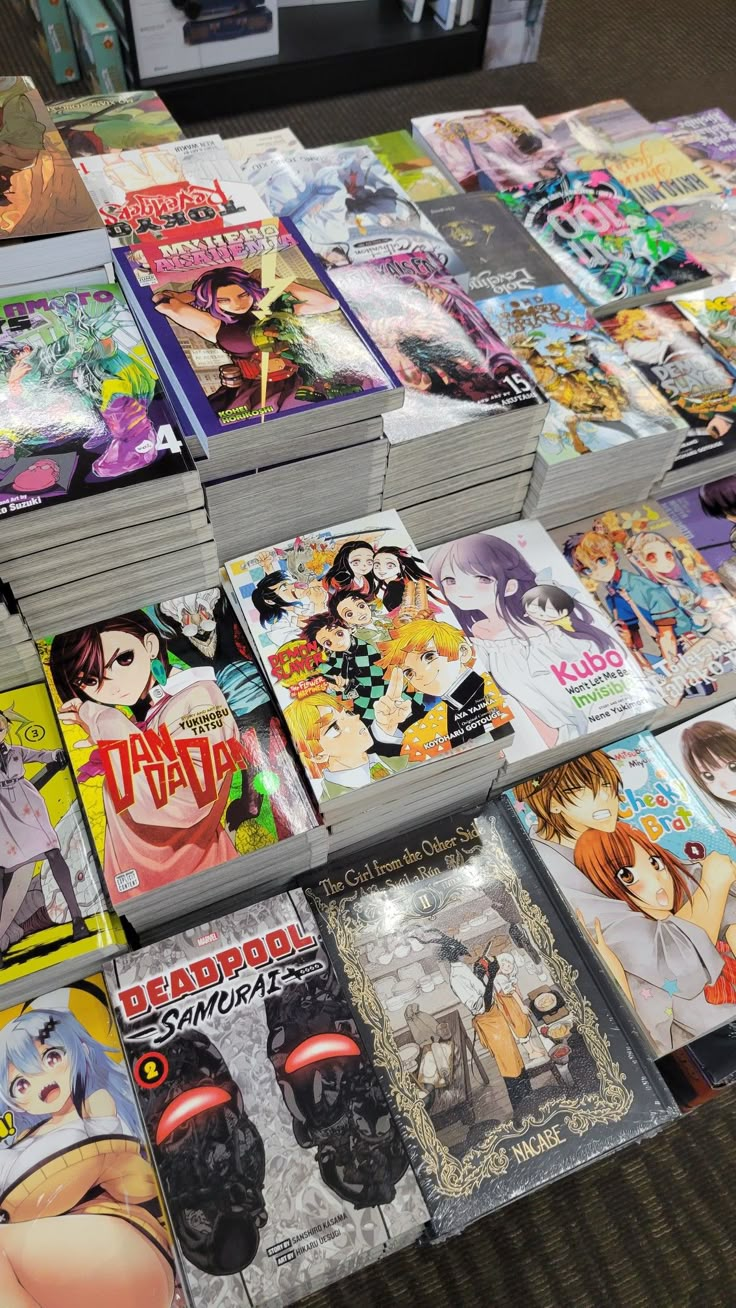
Japanese Lawyer Sparks Debate on Standards Manga and Anime Should Meet
Share
Japanese manga, anime and light novels are celebrated worldwide for their unique storytelling, creativity and freedom of expression. However, a recent statement by a prominent Japanese lawyer has stirred a heated debate about whether these beloved forms should align with “international standards” on laws and etiquette. This discussion touches on artistry, censorship, and cultural identity, raising questions about the future direction of manga and anime both at home and abroad.

Why This Debate Is Making Headlines
The debate ignited after the Donadon controversy, where the creators behind the anime in question used materials from Yoshiki and X Japan without proper authorisation. Following an official apology by Donadon’s team, things escalated when lawyer Masakiito publicly expressed the opinion that manga and anime should be created in accordance with international legal standards.
Masakiito urged careful reflection on past actions and the need to align content with global laws, specifically mentioning concerns over characters' names like the protagonist Kentakura H.. He claimed this approach is necessary for the internationalisation of Japanese manga and anime.
This call for meeting “international standards” quickly triggered backlash from fans, creators and commentators alike. The core issue is the fear that imposing such standards risks undermining artistic freedom and the rebellious spirit that defines the medium. Many worry this could lead to self-censorship, watering down stories to please worldwide audiences, and damaging what so many love about Japanese content.
Key Figures Involved
- Donadon: The anime production group at the centre of the copyright and creative controversy.
- Masakiito: The lawyer whose statement about aligning manga to international standards sparked widespread debate.
- Zenko: An outspoken advocate for free expression in anime and manga who publicly criticised the idea of forced global conformity.
- Morita Sensei: A respected mangaka who warned that sticking to international standards might make manga boring.
The Donadon Incident and its Ripple Effects
Donadon’s trouble began with unauthorised use of Yoshiki and X Japan’s creative content. Their official apology acknowledged they failed to seek permission and promised it wouldn’t happen again. However, this apology was quickly overshadowed by legal opinions about the broader implications for content standards.
Masakiito, an experienced lawyer with ties to X Japan and Sony, weighed in strongly. He suggested manga and anime should conform to international legal frameworks, citing the name of the protagonist Kentakura H. as an example needing consideration for global markets. He implied that creators need to pause and reflect, adjusting their work to meet laws and etiquette across countries.
This view sparked intense discussion in Japan and internationally. Many fans and creators saw his stance as a threat, fearing it represented a push towards global censorship that would strip content of its edge and cultural distinctiveness.

Public and Industry Responses
Zenko responded by emphasising that Japanese content is highly valued worldwide precisely because it defies global molds. He argued that Japanese manga and anime have flourished due to their boldness and freedom, which would be lost under homogenised international standards.
Morita Sensei echoed this, noting that if manga creators started making work to fit global expectations, it would probably become dull and uninspired. His comments remind us how essential creative freedom is to the medium’s success.
“Japanese content culture has been so highly regarded around the world because they don’t fit a global mold.”
— Zenko
Legal Obligations vs Creative Expression
Masakiito later clarified his position, stressing that his call focused on legal compliance, not encouraging Hollywood-style sanitising or creative censorship. He illustrated that laws and etiquette vary between countries, so creators should consider these differences.
Here’s a simple comparison of the debate’s two key concerns:
|
Aspect |
Legal Compliance |
Creative Freedom |
|
Focus |
Obeying international laws and trademarks |
Preserving unique cultural storytelling |
|
Concern |
Avoiding lawsuits and ethical pitfalls |
Retaining artistic authenticity |
|
Example |
Changing character names for legal reasons |
Maintaining original names and traits |
|
Debate Issue |
Making content legally acceptable worldwide |
Risk of content becoming bland or censored |
Artistic Freedom vs Global Sensitivities
What Do “International Standards” Mean?
International standards involve respecting copyright laws, trademarks, local cultural norms, and legal restrictions. For example, names like Kentakura H. may face legal issues abroad if they infringe on rights or cause controversy. Other laws affect content depictions such as violence, sexual themes, or political references.
While some advocate adjustment to these standards, there is worry about what happens if creators try to please every country’s guidelines in advance. The creative process may become overly cautious or sterile.

Risks of Over-Standardisation
The biggest risk is sanitising the unique voice of Japanese manga and anime to a lowest common denominator. Western comics have undergone similar pressures, leading to works perceived as watered down or bland. Fans felt alienated, and the industry struggled to maintain vitality.
A recent example is Square Enix’s heavily censored manga app designed to be acceptable globally, including banning too much skin exposure. While intended to increase reach, it was criticised for overly limiting expression.
Japanese Manga and Anime’s Edge
Japanese creators often explore complex, dark, or taboo themes. Titles like Evangelion, Berserk, Mushikot Tensei, and Takabe’s Original Sin contain content that would unlikely pass strict censorship elsewhere.
These stories resonate because they do not shy away from difficult subjects and emotional depth. Many international fans appreciate this honesty and rawness. The original uncensored experiences of watching anime as a kid — rich with explosions, intense drama, and adult themes — often form deep emotional connections.
Handling Legal Issues Globally
Legal hurdles for international distribution should be managed by licensing companies, not the creators. Platforms such as Crunchyroll or others can deal with local compliance by modifying or restricting content where necessary.
Letting creators focus on their craft without self-imposed censorship preserves creativity while respecting global laws at the licensing stage.
Cultural and Industry Implications
Encouraging Authentic Creativity
Japanese creators are urged to continue expressing their vision boldly. Producing manga or anime tailored upfront to meet every country’s legal or cultural standard risks dampening innovation and diversity.
This pressure might create a chilling effect where authors pre-emptively avoid risky themes, destroying what makes Japanese storytelling vibrant.
The Global Fanbase Values Authenticity
International fans admire Japan’s ability to break norms and explore mature, complex stories. Restrictions could weaken global appeal and reduce manga and anime's booming popularity outside Japan.
Role of Licensors and Industry
Licensors serve as front-line defenders of local regulations and cultural expectations. It’s their job to navigate these issues when bringing content overseas, not Japanese creators’ burden to alter their works at the source.

Sanitising the rich cultural content for global approval risks losing what makes Japanese media so beloved.
What This Means for Fans, Creators and the Industry
- Support artistic freedom and resist unnecessary censorship aimed at broad acceptance.
- Acknowledge legal considerations are real but should be handled separately by licensors.
- Creators should draw, write, and direct what they truly want without limiting themselves prematurely.
- Fans and industry professionals need to understand the licensing process deals with adaptations to fit local laws.
This debate emphasises how important it is to protect the core spirit of Japanese manga and anime while respecting legal realities. For those interested in following more conversations around free creative expression and industry insights or join communities on Discord.
Japanese manga and anime have captivated millions because they don’t conform—they dare to be different. Keeping that fearless imagination alive ensures the stories we love continue to inspire generations worldwide.
For more discussions about industry trends and creative freedom in manga, explore our manga blog.
